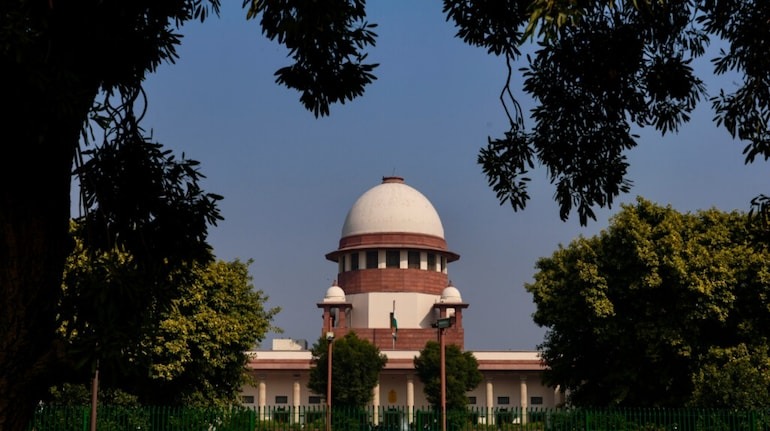
In a landmark decision, the Supreme Court of India has set a unique period of three months within which the President must take action on bills forwarded by state Governors, as part of the consideration process. This was announced on Friday and is aimed at improving the orderly functioning of legislative business in the Indian states.
The judgment was pronounced by the two justices, JB Pardiwala and R Mahadevan, in a 400-page long document. It was released shortly after the court permitted the 10 Tamil Nadu Assembly bills which had been stalled in limbo due to Governor R N Ravi reserving action on them.
No Absence of Timing Shifts For Delays, Says Apex Court
The court reasoned that while absence of a constitutional timeline can be interpreted as a deadline to work within, there is an expectation to not be idle. While discussing Article 200, the judges commented as follows:
"Not only can there be no imputed time, Article 200 cannot be interpreted to allow the Governor inaction on actions concerning bills… and in essence, stagnate and undermine the workings of the law-making machinery in the State.”
Significant Dates Established by the Supreme Court
Governor abstaining from signing or reserving a bill: Within one month
Returning a bill with a message: Within three months
Reservation for the President: Must happen within three months
Time bound Decision by the President on Reserved Bill: Must be made within three months
Re-enacted Bill by the State Legislature: Assent by Governor should happen within one month
The Court Restricts Presidential “Pocket Veto”
The suggestion of a "pocket veto" by either the Governor or the President was soundly contested by the court. It determined the President is required to act by either giving permission or withholding permission, thus saying there must be action of some sort:
In the execution of his powers under Article 201, there is no 'pocket veto' or 'absolute veto' which the President can make use of.”
In explaining the proceedings prohibited the capricious use of bestowing powers emblazoned by the judgment, it became imperative that there is order and timelines must be adhered to.
States May Contest Withheld Assent
In a separate aspect the Court stated that if the President does not give his assent, state level execuives are free to contest such a decision in the supreme court.
Re-enacted 10 Tamil Nadu Bills Viewed As Passed
Exercising authority under article 142, the court proclaimed the 10 re-enacted Tamil Nadu bills which the governor had earlier returned and the president had ascertained the consent that they are deemed to have passed received presidential assent. The court annulled the second reservation of the Governor stating it was ‘illegal’
This was a constitutional deadlock in the case of the Tamil nadu government and the governor, punting over the decision of multiple bills which the governor R N Ravi decided not to give assent to in late 2023 which led to the assembly re-passing them.

 Share
Share



